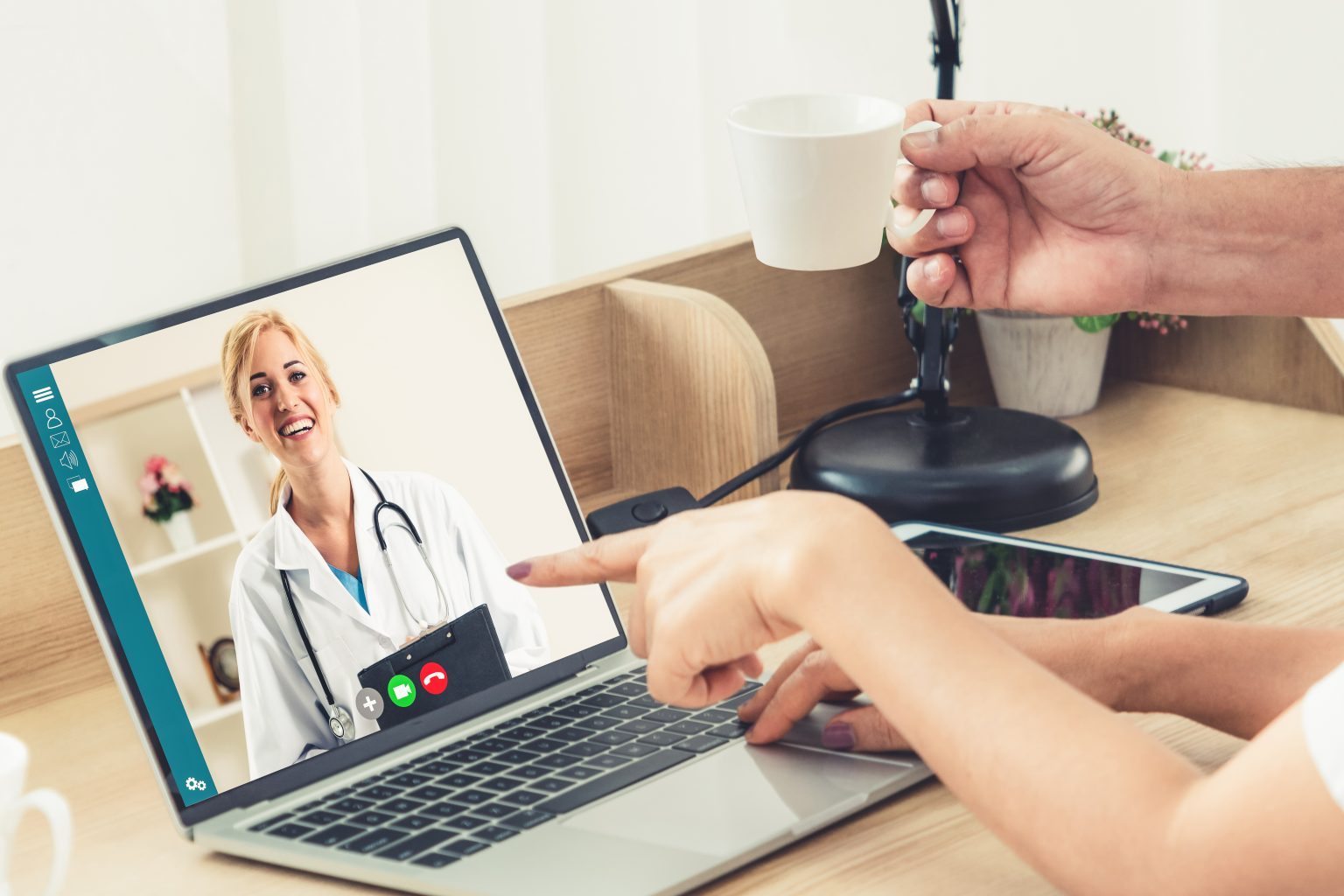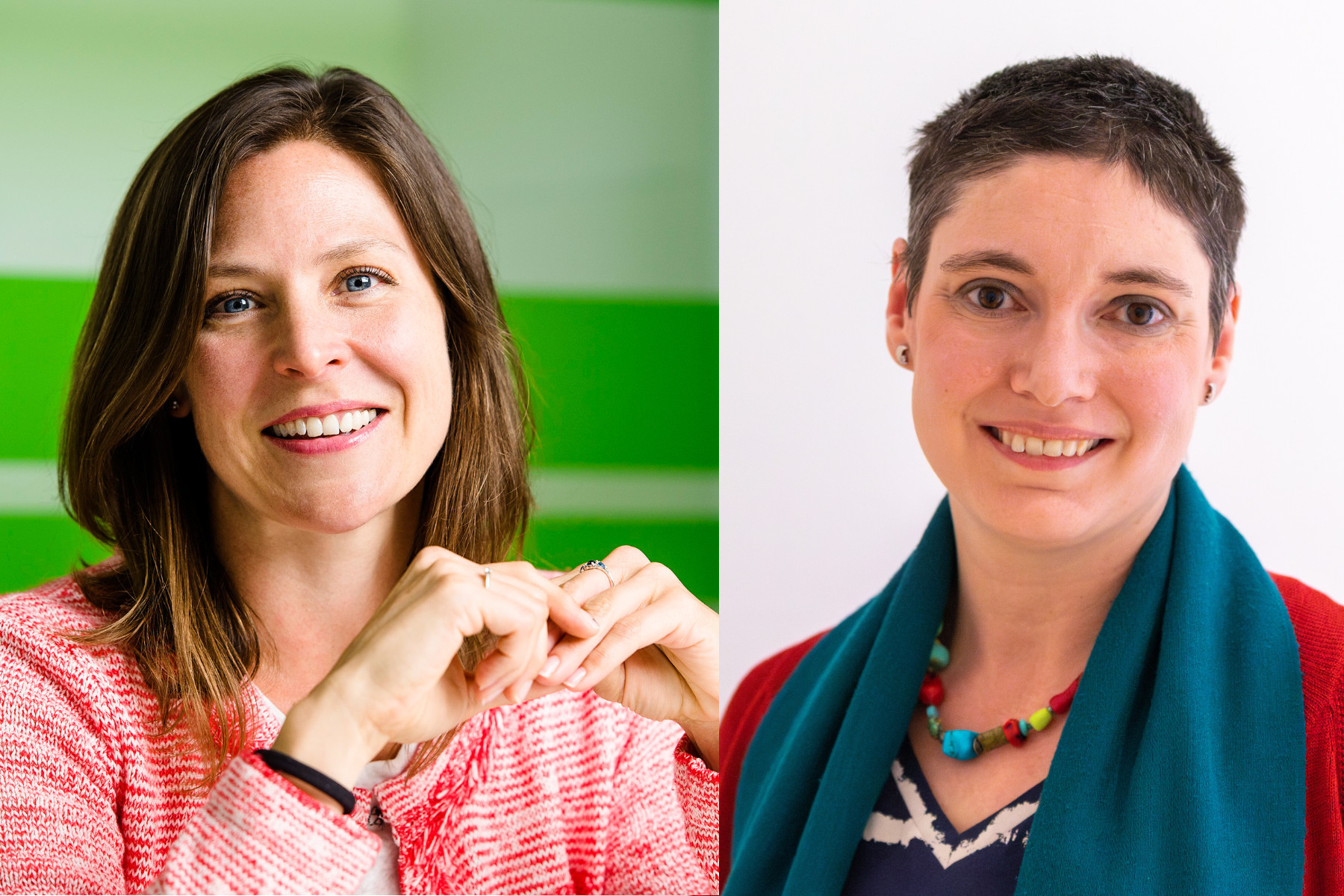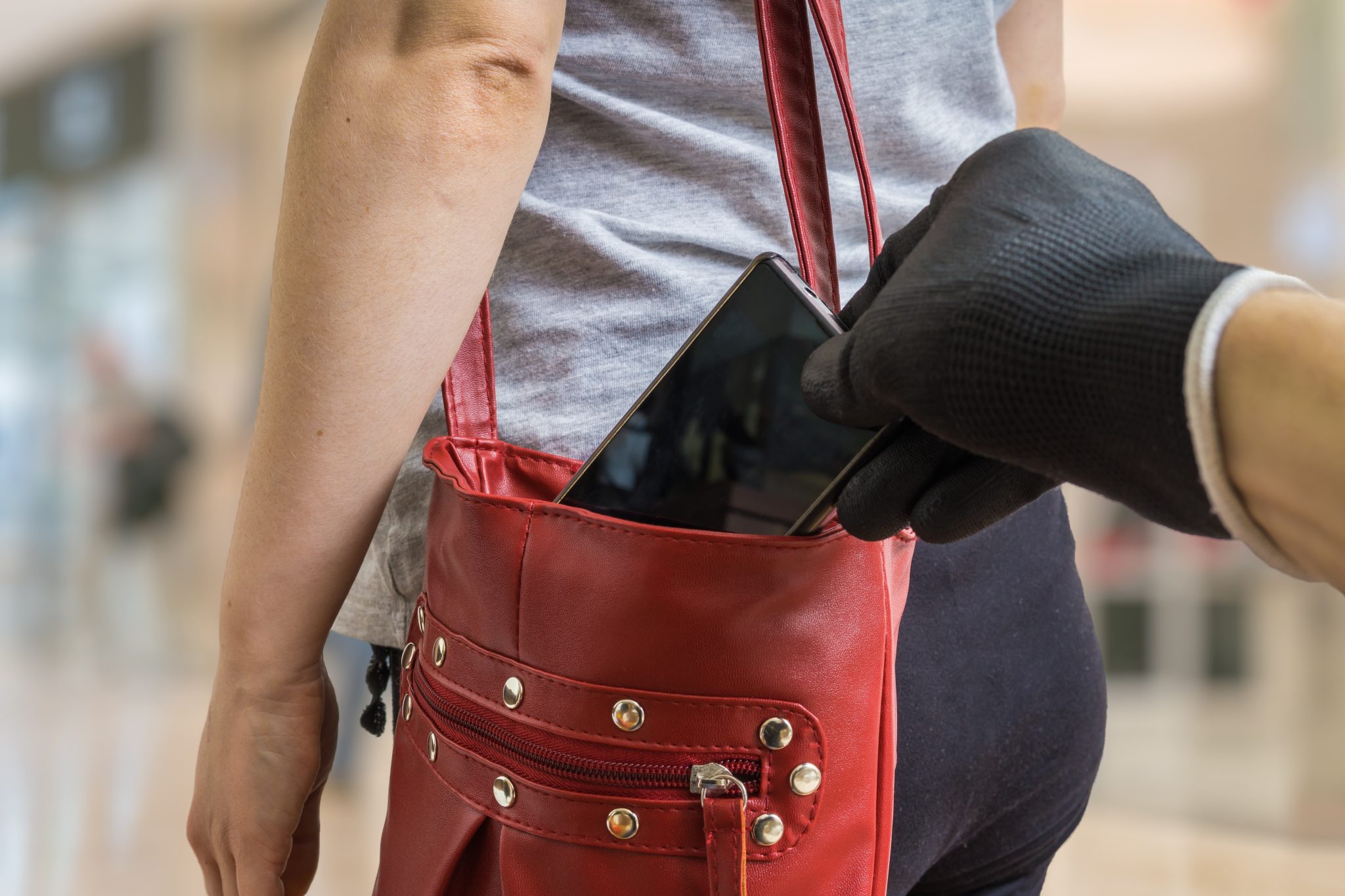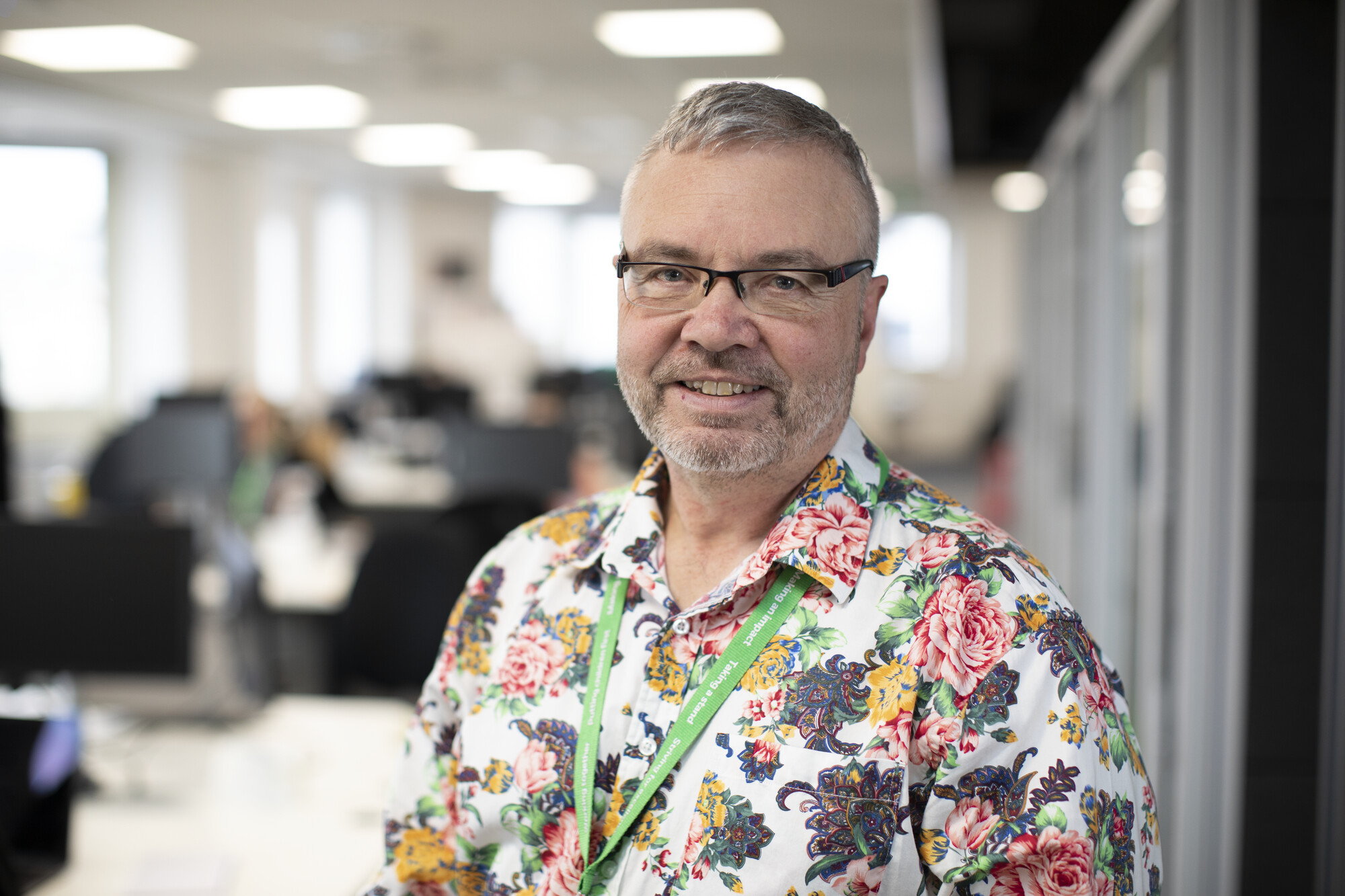
At a recent webinar, new Vodafone health ambassador Prof Shafi Ahmed, discussed the future of digital healthcare with Vodafone UK’s Chief Technology Officer, Scott Petty; Business Director, Anne Sheehan; and others.
Professor Shafi Ahmed, cancer surgeon at The Royal London Hospital and Vodafone health ambassador, believes the coronavirus pandemic will be a tipping point for health systems around the world.
It has highlighted the need to accelerate the digitalisation of health services to enable the sharing of patient records and health data, he said, and the global collaboration of health practitioners.
In short, the more connected we are, the better the health outcomes will be, Prof Ahmed believes.
He was speaking at a recent Connected Health webinar hosted by The Sunday Times newspaper, which discussed the impact the coronavirus pandemic might have on healthcare systems around the world.
“Patients are demanding change, they want better outcomes, more immediacy,” he said.
Prof Ahmed envisages a health system where remote monitoring of patients relieves pressure on hospitals and where surgeons can conduct ward rounds remotely using a mobile ‘telepresence’ robot acting as their eyes and ears. Patients will be able to see the surgeon’s face on a computer screen.
“In fact, I conducted such a ward round only recently,” he said.

A technophile and global influencer in digital health, Prof Ahmed believes robots will increasingly be used either to conduct or assist operations in future. He has already live-streamed operations using Google Glass, Virtual Reality (VR), social media and on national television. And he is founder of Medical Realities, a VR education company.
“We’ve gone completely virtual and paperless over the last few months,” said Prof Ahmed. “We now offer electronic consent forms and consultations.”
The digitalisation of healthcare services offers great opportunity for practitioners and patients alike, but we need to drive this change, argued Anne Sheehan, Director Vodafone Business UK.
“We need to harness, recognise and embrace the power of connectivity,” she said.
This means giving patients and healthcare workers the same level of connectivity and functionality that they expect and enjoy in their personal lives, she argued.
For example, Bridgewater Community Healthcare NHS Trust has adopted an ‘IT anywhere’ policy, enabling 1,600 of its clinical staff to access patient records wherever they happen to be via SIM-connected laptops. This gives them more flexibility and time to spend with patients at home.
Scott Petty, Vodafone UK’s Chief Technology Officer, made the point that in healthcare, privacy and security are crucial, so making sure all these devices can talk to each other safely is “critical”.
Fellow panellist, surgeon Dr Nadine Haram (BEM), founder and chief executive of Proximie, a healthcare augmented reality platform, believes technology has the power to bring the same level of care to people wherever they happen to be in the world, however rich or poor.
Welcoming the new world of connected health, she said: “Being able to connect clinicians across the globe so they can co-operate is beneficial for patients. It’s exciting to see what’s happening.”
But she was keen that we did not lose the importance of the human in the mix.
Barriers to change
Health systems are becoming more digital and more connected, but there is still a long way to go, Scott argued.
The NHS is still heavily paper-based, for example, and this inefficiency and lack of connectivity can lead to “gaps in our understanding”, which eventually leads to poorer health outcomes.
The lack of interoperability between legacy computer systems is another challenge that needs to be addressed, he said. Cloud-based applications could provide greater reliability and scale at lower cost, while internet of things technologies could provide secure connectivity between devices and back-end applications.
But he was optimistic about the future.
“Now we’re seeing a much faster pace in innovation. I’m convinced we can overcome some of these hurdles by connecting more people,” he said.
”Partnerships are essential,” Anne concluded. “We need people to change their mindset, to work together to drive this change.”
And summing up, Prof Ahmed said: “The public is ready for this change, even older people are accepting of virtual ways of working. The pandemic has re-engineered society on our behalf.”
The webinar – Connected Health, Beyond the Frontline – was hosted by The Sunday Times and chaired by Peter Evans, the newspaper’s Senior Business Correspondent.









